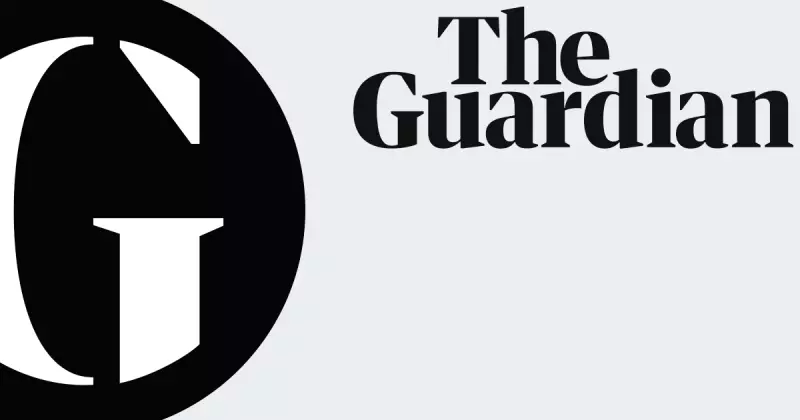
In a press conference that sent shockwaves through the international community, former US President Donald Trump laid out a contentious and wide-ranging vision for global affairs, directly involving the UK's new political landscape.
A Controversial Role for Putin in Palestine
Perhaps the most startling revelation was Trump's proposal for a deeply controversial solution to the Israel-Palestine conflict. He suggested that Russian President Vladimir Putin could be tasked with 'sorting out Palestine'. This unexpected pivot towards Moscow as a potential arbiter marks a significant and provocative shift in traditional US diplomatic strategy, likely to alarm Western allies.
Starmer in the Crosshairs
Trump did not spare the UK's new Prime Minister, Keir Starmer, from his critiques. He characterised the recent UK election as 'the most negative campaign I think I've ever seen', taking direct aim at Starmer's leadership style and political strategy. This public criticism sets a notably different tone for US-UK relations compared to the Trump-Cameron and Trump-Johnson eras.
The 'Trump Oil' Proposal and UK Immigration
Linking two key policy areas, Trump made a bold promise. He declared his intention to 'send a lot of oil to the UK' if he wins the upcoming November election, framing it as part of a special energy partnership. Crucially, he tied this potential deal directly to UK immigration policy, urging the Starmer government to 'get a handle on immigration' as a prerequisite for strengthened bilateral relations.
Analysis: A Glimpse into a Potential Second Term
Analysts view this press conference as a strategic preview of Trump's foreign policy priorities should he return to the Oval Office. The key takeaways signal:
- A willingness to empower Russia in traditionally US-led diplomatic spheres.
- A transactional approach to international alliances, explicitly linking trade to domestic policy concessions.
- A more critical stance towards the UK's Labour government than previous Conservative administrations.
The proposals, particularly involving Putin in Middle Eastern peace talks, are poised to create significant diplomatic ripples and debate on both sides of the Atlantic.






